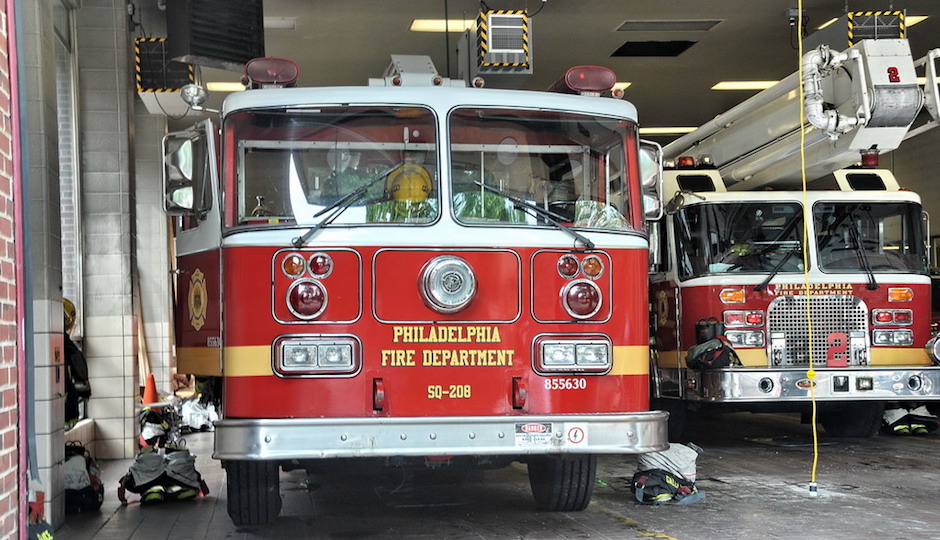Audit: Philly’s Brownout Policy Didn’t Save Money — It Cost the City Millions

FaceMePLS | Wikimedia Commons
The Philadelphia Fire Department’s now-defunct “brownout” policy failed to deliver on one big promise: that it would save the city money on overtime costs.
That’s one of the conclusions of a new audit by City Controller Alan Butkovitz, which was released the same day that Mayor Jim Kenney ended the policy instituted in 2010 by his predecessor, Michael Nutter, during the dire budget years of the Great Recession.
“Despite the PFD’s assertions that the brownout policy would lead to reduced overtime costs of $3.8 million, overtime for firefighters actually climbed from $15.7 million in fiscal year 2010 to $34.2 million in fiscal year 2014,” the audit reports.
Butkovitz also repeated his earlier findings from December, that the “brownout” policy had lengthened the time that it took the department to respond to emergency calls. Fire officials disputed his findings at the time, and noted in the official response — published along with Butkovitz’s audit (below) — that fire response times had actually improved since 2013.
Department officials didn’t dispute that overtime costs had risen, but said increased staffing had led to a reduction in overtime costs in 2015, after years of increases. And they noted their 2016 budget allowed for the hiring of 300 new firefighters to further cut down on overtime costs; 82 filled vacancies in field units, while another 200 are currently in training. The Philadelphia Fire Department has also purchased new analytical tools to help cut response times.
The department, commanded by Commissioner Derrick Sawyer, said the brownout policy — initially implemented under Sawyer’s predecessor, Lloyd Ayers — was the least bad option available at the time.
“The current PFD administration does not consider the permanent deactivation of fire companies or the implementation of rotating brownouts as optimal or permanent cost-cutting solutions,” the department said in its officials response. “We assume that the previous PFD administration did not do so either.
“However, the PFD was mandated to identify solutions to cope with the economic realities of the immediate years following the 2008 collapse of financial markets. Given the choice between having to permanently deactivate another three units (after having just one year before deactivating seven companies), or implementing brownouts, the previous PFD administration … decided that brownouts were the least painful alternative.”
Butkovitz was known as a fierce critic of Nutter’s policies; that today’s report dovetailed so closely with Kenney’s announcement— both in substance and timing — raised the possibility that a thaw is in the offing between the mayor’s and controller’s offices. For now, anyway.
The audit, and official fire department response: